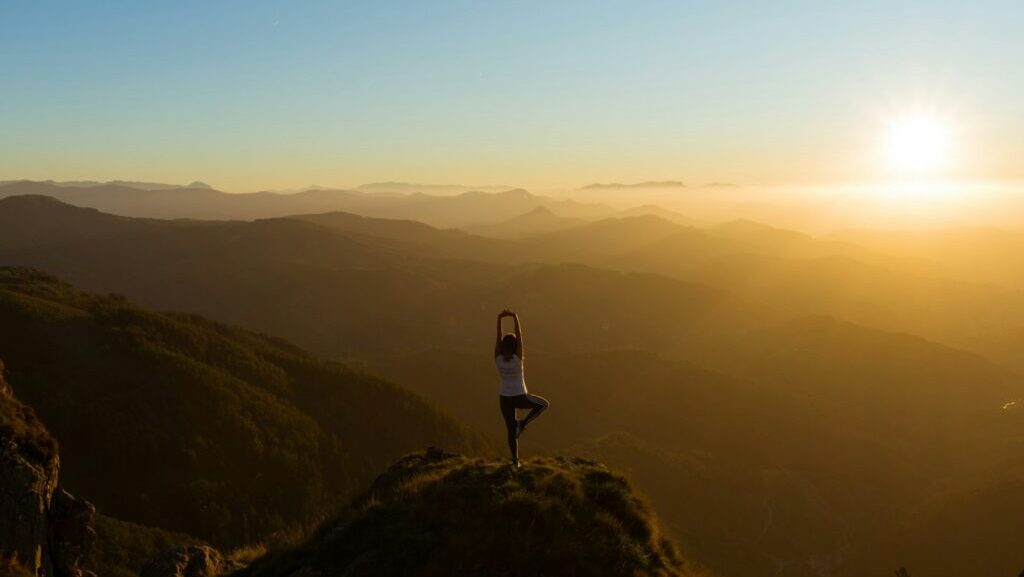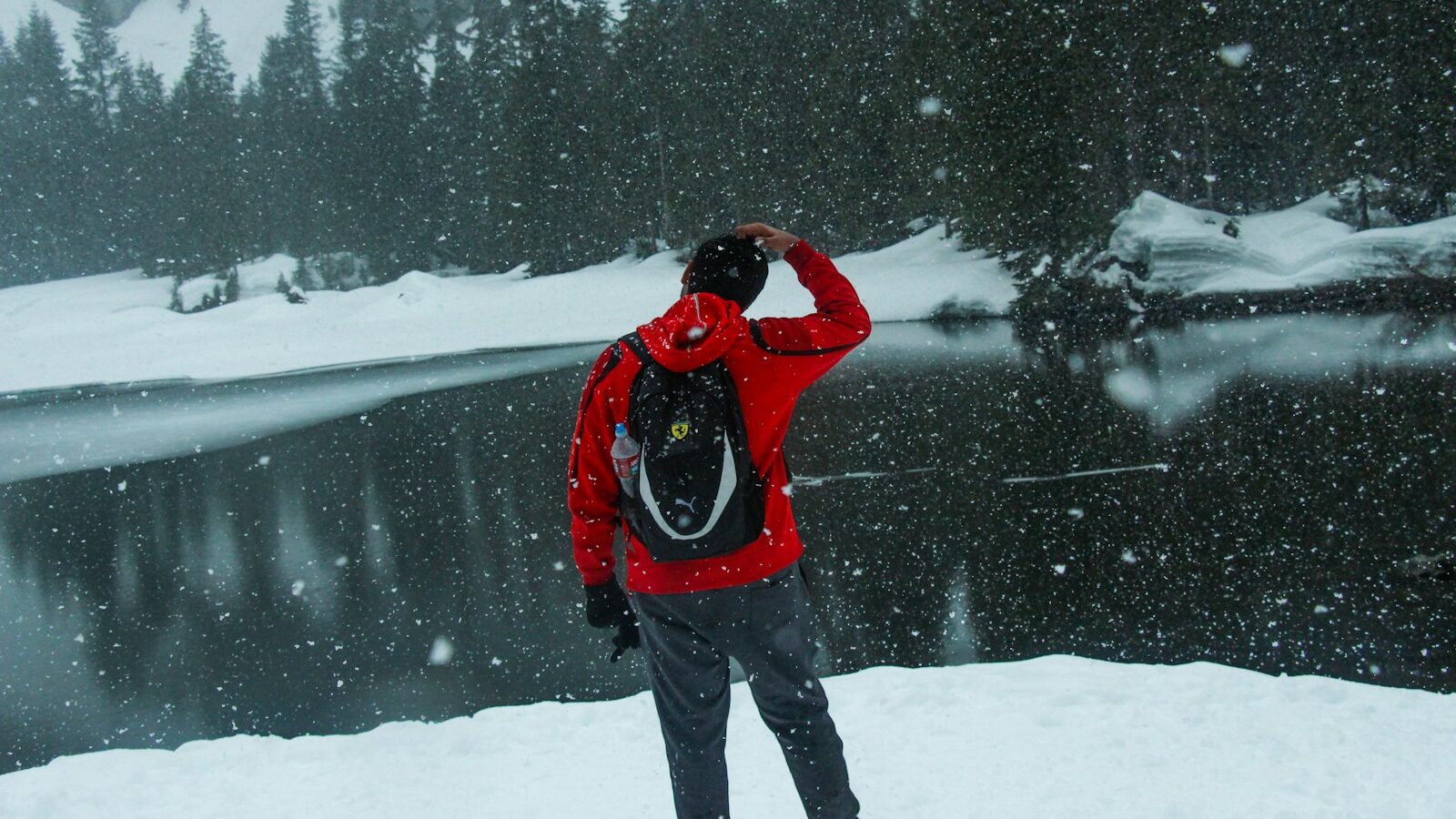Normal
0
false
false
false
EN-GB
JA
X-NONE
Q. When is a vineyard, not a vineyard?
A. When it’s a wine farm in the Cape Winelands.
While that may sound just a tad abstruse, most of the European vineyards that I’ve ever visited rarely deviate from their core business – which is, obviously enough, making and selling wine.
They’ll definitely lay on a sampling extravaganza and, for good measure, may also chuck in a tour of their cellars to at least partially demystify the dark art of viticulture. They might even sell you the odd accessory such as a turbo-charged corkscrew or ornate wine-stopper, if you’re lucky.
But they’ve got nothing on the South African wine farms. Really.
How many vineyards do you know where their restaurants offer everything from a tasty light lunch or scrumptious salad to mouth-watering three-course meals, complete with such delicacies as springbok, kudu or calamari legs? (Unlike the UK, where it’s just plain old calamari, full stop, you can also opt for calamari tubes. All very precise of them – love it.)
But it doesn’t stop there. Some wine farms also make up picnic baskets for you to sample al fresco as you potter around their sumptuous gardens or traverse their outdoor walking trails.
Others offer eco-tours of various shapes and descriptions so that you can commune with the local flora and fauna, while one or two have even got into the culture thing, hosting art galleries, live music venues and the odd theatre or two.
Even the entrepreneurial wineries of Australia and the Napa Valley, California, don’t go that far, as far as I’m aware – or didn’t the last time that I was there anyway.
Sampling local produce
But in order not to waste all of that stunning mountain scenery, a good few will also host your wedding or any other special event that you care to think of, and offer plush accommodation to boot.
A smart idea in that you can sample their wares with impunity, without needing to worry about driving into a ditch – or off a cliff – later on (although there are a goodly number of tour operators to cart you around if you just want to make a suitably inebriated day of it).
So all in all, an impressive array of offerings, a few of which we decided to sample this weekend. First on the list for Saturday lunch was a place called Vergelegen (which means ‘situated far away’ in Afrikaans) in Somerset West (about 20km from Stellenbosch).
This one’s got a bit of history to it, in that it was built by Willem Adriaan van der Stel, Governor of the Cape on behalf of the Dutch East India Company from 1699, who took over the job from his dad, Simon, the founder of Stellenbosch (or Stel’s bush) – my adopted home.
A pity that he lost it all due to graft, and most of the buildings on his estate ended up being destroyed in punishment though.
Still, there are some fine Cape Dutch-style recreations as well as a bunch of lovely formal gardens. And it must be said that they do a mean Kingklip nicoise, which is a cod-like fishy thing with olives and tomatoes and the like. Very nice.
Then on Sunday, we treated ourselves to Market Day at the Delavera Estate, followed by wine-tasting at the Delaire Graff Estate, which is my Beloved’s favourite.
He reckons that the (deconstructed) food – ie you get it in bits and kind of make it up yourself to your own taste, which sounds a bit odd to me – in their Indochine restaurant is to die-for and is enhanced beautifully by the most stunning views over the mountains. Lovely.
An entrepreneurial approach
Anyway, I digress. The aforementioned market days were apparently born out of the organic movement about five or six years ago and initially focused purely on food, before the wine farms decided to muscle in on the action too.
And they’re great – there were all kinds of little stalls selling delectable little quiches, amazing cheeses (try mature Gouda if you ever get the chance – it’s so smooth and creamy, it almost tastes like butter) and even Dim Sum. And to complement this abundance of flavours, there’s also the inevitable wine-tasting opportunities.
So why have the wine farmers in South Africa taken such an entrepreneurial approach, I hear you ask? Well, I put forward that very question to a couple of the guys manning the stalls and each one gave a different answer.
One mentioned that wine-drinking hadn’t caught on in South Africa to the same extent as in Europe – to where most of their produce is exported – pointing out that it was still predominantly a “beer and brai” culture.
So the idea of setting up restaurants and offering people a range of activities was to try and pull them in, raise awareness – and hopefully educate their palates.
And it appears to be working. It’s certainly seems to have become quite a popular thing for people to visit a wine farm with family and friends for a nice spot of Sunday lunch anyway.
But another stall-holder mentioned that it was really about generating additional revenue streams in what is basically a seasonal business. The tourist season, from September to March – and from December to February especially – is, unsurprisingly, the peak time for trading.
So offering additional attractions is not only about making hay while the sun shines, but also about giving people a reason to visit when they’re not in holiday mode. Makes sense to me. And I’m more than happy to take them up on the offer…..



